Britain (1851-1951)
Why Britain became more democratic, 1851–1928
Democracy grew in Britain due to the impact of the industrial revolution and the Great War. New political ideas and pressure groups came to the forefront as politicians sought to secure votes.
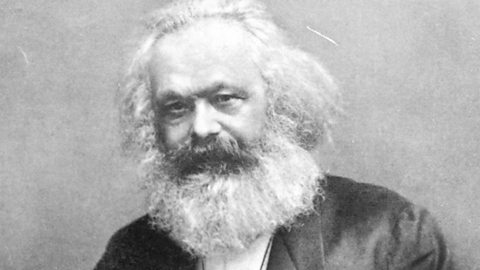
How democratic Britain became - 1867 - 1928
The right to vote was extended to men from different areas and classes, and then to women. Representation was made fairer and changes were made to electoral and parliamentary processes.
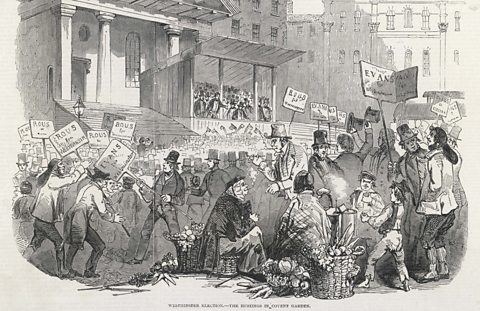
Why women won greater political equality by 1928
Changing social and political attitudes, suffrage campaigns and World War One all contributed to women winning greater political equality.
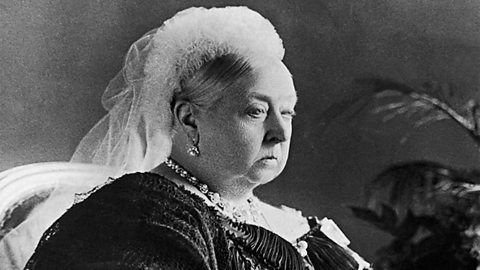
Why the Liberals introduced social welfare reforms
There was growing awareness of the problems of poverty in the early 20th century. Social, industrial, political and military factors all led the Liberals to introduce social reform.
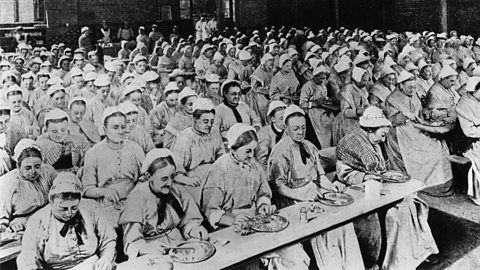
The effectiveness of the Liberal social welfare reforms
Between 1906 and 1914, the Liberals introduced social reforms to assist the young, old, unemployed, sick and workers generally. They had a limited impact on improving people's lives.
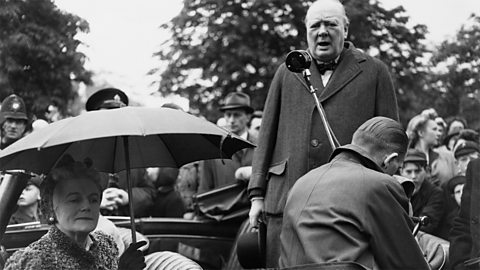
Effectiveness of the Labour social welfare reforms, 1945–51
The post-war Labour government introduced the Welfare State to address the 'Five Giants' of disease, squalor, want, ignorance and idleness. The measures introduced had varied levels of success.
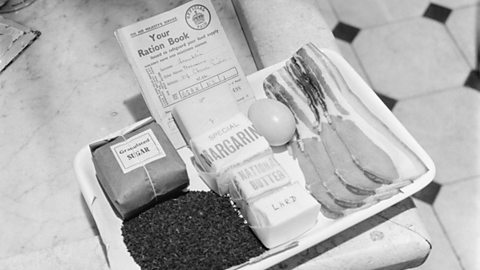
Video playlist
Working conditions in Scottish industry in the 1940s. Video
A brief review of working conditions in Scottish industry in the 1940s.
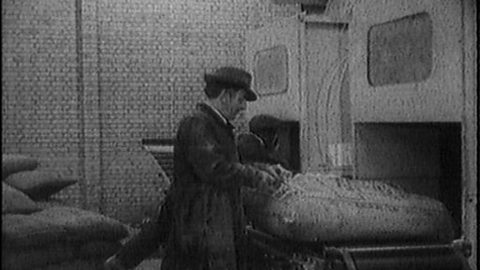
Links
- External linkExternal link
- External linkExternal link
- External linkExternal link
- External linkExternal link